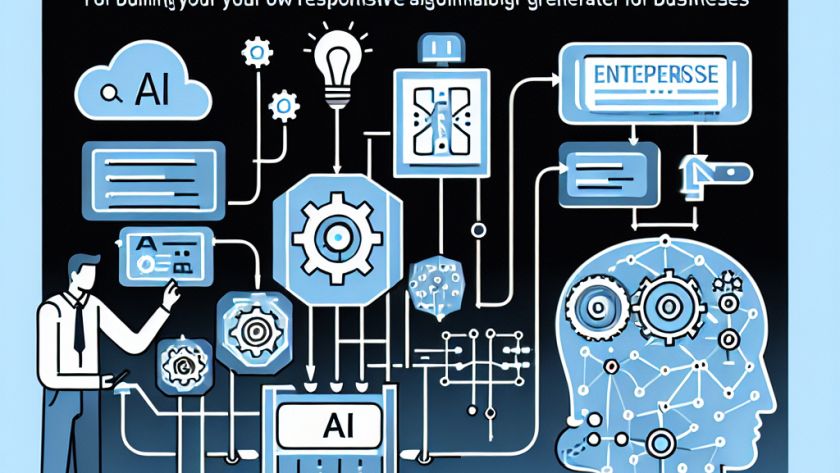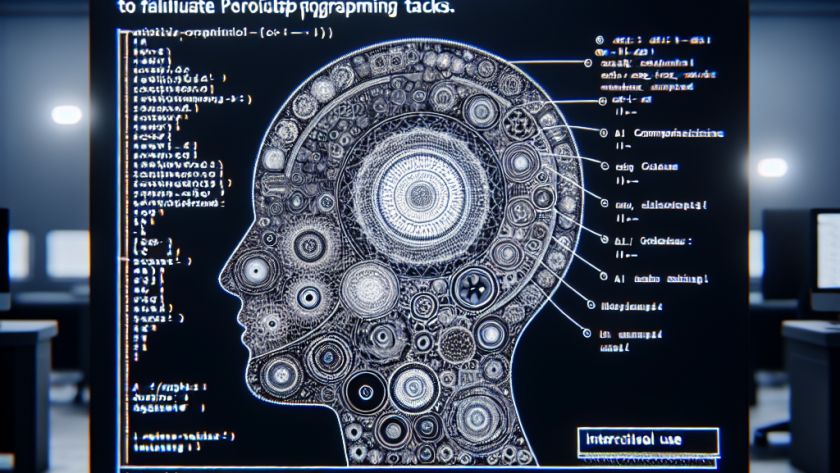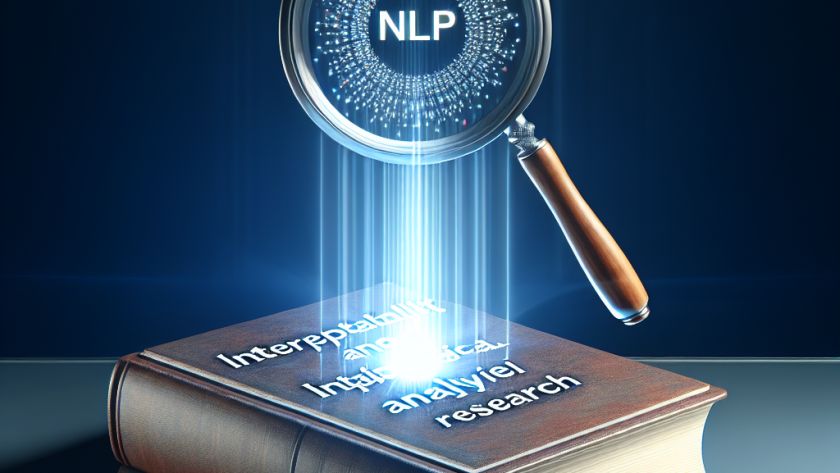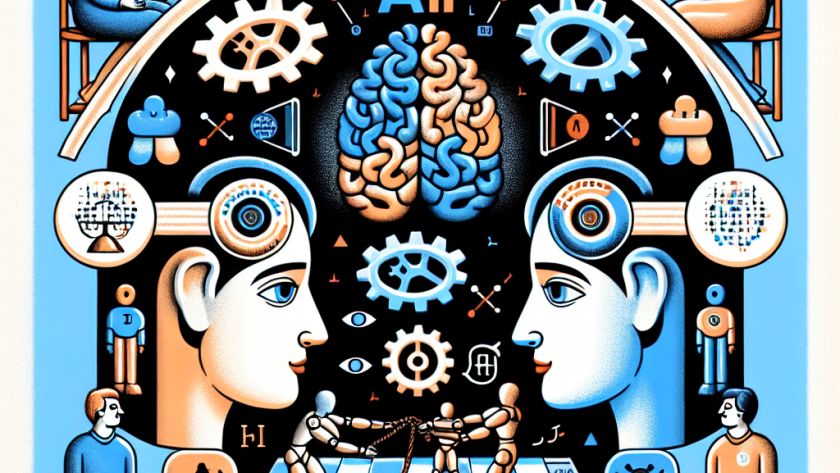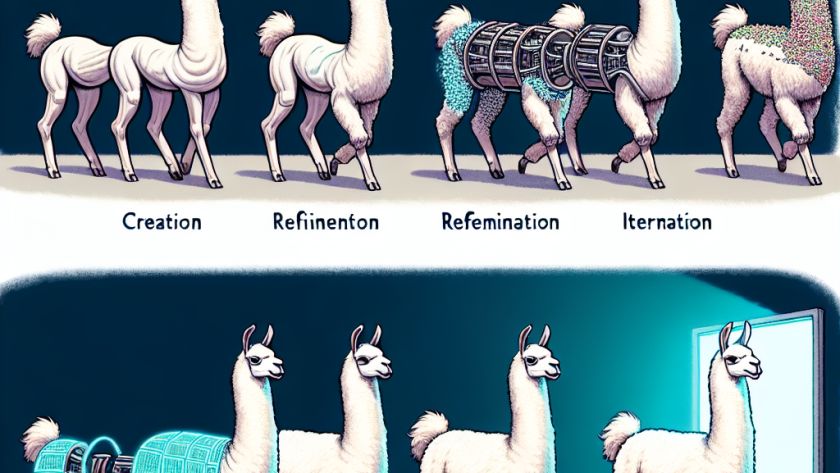Setting up and configuring Retrieval-Augmented Generation (RAG) applications in enterprise environments can be a complicated process. Enterprises often struggle with understanding the complexities involved, particularly when dealing with the variations of different cloud platforms and the need for ensuring robust security.
OpenAI’s custom Generative Pretrained Transformers (GPTs) offer options that can simplify the configuration process, but…
